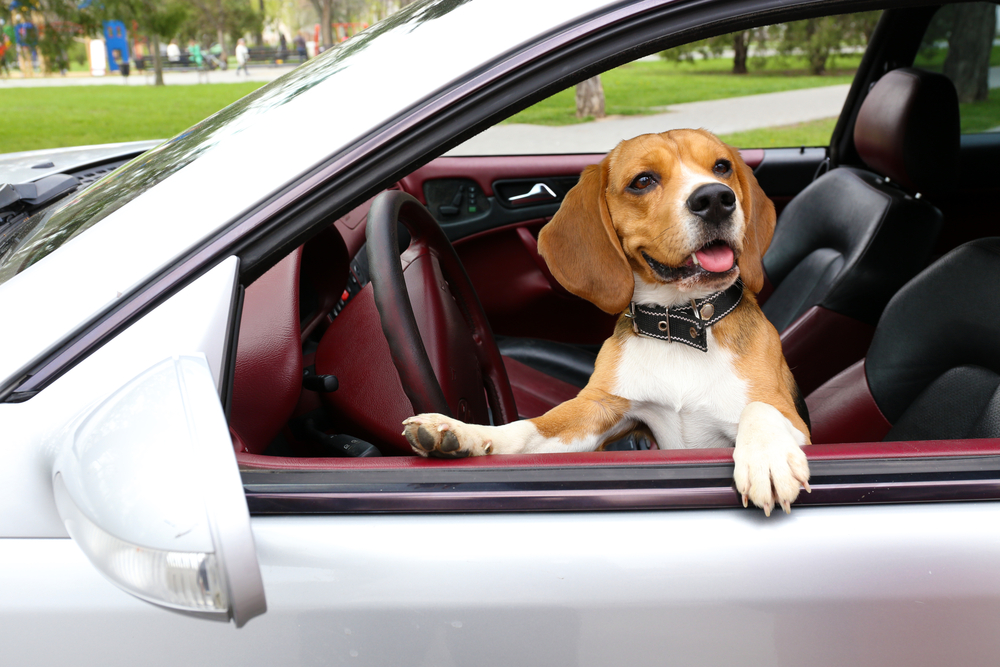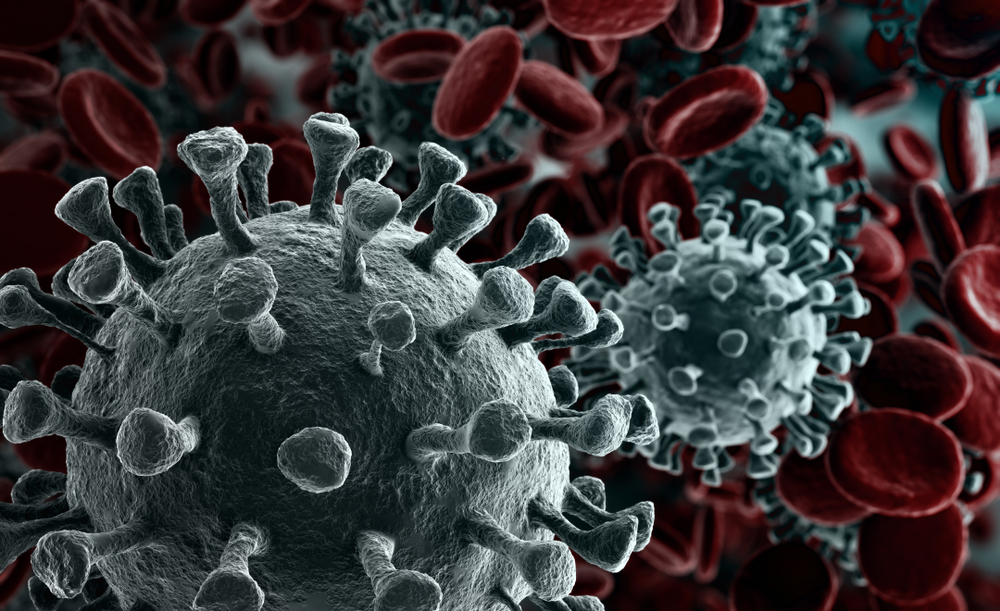In the face of a global pandemic, you’re being assaulted from every angle with public opinions and hearsay, which can be detrimental to the health of your pet, and your family. Rather than relying on social media for your pet’s care, get in touch with Dr. Bassler for the most current updates regarding COVID-19 and your furry friend. To help separate fact from fiction, read through the following most common questions about the newly discovered coronavirus strain.
Question: What are coronaviruses?
Answer: Coronaviruses are a large family of viruses known for causing illness in a variety of species, including cats, dogs, horses, birds, pigs, and people. Most coronavirus strains are species-specific, but a few are zoonotic, and can be transmitted from animals to people. For a more in-depth answer to how coronaviruses develop and cause illness, check out Dr. Bassler’s article that appeared in Newburyport’s Daily News.
Q: Why is COVID-19 such a big concern?
A: The newly discovered coronavirus and its associated illness, COVID-19, has turned into a global pandemic, because the virus has adapted to infect people. With a new virus, there is no previous research on how the disease operates, including incubation period, ideal host, and all transmission routes. People also have zero antibodies to this particular strain, and no vaccine is available. More studies are needed to learn precisely how this novel coronavirus works, to better keep our pets and community safe.
Q: Can my pet get coronaviruses?
A: Yes, dogs and cats can become infected with their own coronavirus strains. Both species can be affected by enteric forms, which can cause mild diarrhea. Dogs can also develop a respiratory strain, which has been linked to some kennel cough cases. While these strains often cause self-limiting illness, the enteric feline coronavirus can mutate to cause feline infectious peritonitis, almost always a fatal disease.
Q: Can my pet become ill with COVID-19?
A: As mentioned, coronaviruses are usually species-specific, so people cannot get feline and canine strains, and pets cannot become ill from the human strain which causes COVID-19. A major veterinary diagnostic laboratory has evaluated thousands of dog and cat samples to validate a test for the novel coronavirus, and found no positive results. Based on these tests and the understanding that this new coronavirus is primarily transmitted person-to-person, the Centers for Disease Control and Prevention (CDC) have declared there is no evidence indicating pets can become ill with COVID-19. But, this situation is still evolving, and the virus may mutate to infect pets in the future. If your pet develops any respiratory illness signs after being in contact with a sick person, contact us.
Q: Can my pet transmit COVID-19 to a person?
A: While your pet cannot serve as an infection source for people or other pets, she may be able to carry pathogens on her fur, collar, leash, or other belongings. The primary transmission method is direct person-to-person contact, but indirect transmission through contact with infected objects and surfaces can occur. However, porous materials, such as pet fur, can trap the pathogen deep inside, making contracting the disease more difficult.
Q: So, my coughing dog likely does not have COVID-19?
Since we don’t currently know everything about this disease, or if it will mutate and infect pets, we recommend exercising the utmost caution if you are ill, to avoid transmitting disease to your pet. But, all evidence points to the possibility of your dog coughing from COVID-19 as highly unlikely. Your pet is much more likely to have developed another disease process that can cause coughing, such as kennel cough, congestive heart failure, or a collapsing trachea. When you call to schedule an appointment for your sick pet, let us know if she has had any contact with an infected person, to help prepare our team.
Q: What policies has Bassler Veterinary Hospital enacted to keep my pet and my community safe?

A: The entire Bassler Veterinary Hospital team is devoted to keeping not only your pet, but also your family and community, safe and healthy, but as the COVID-19 situation continues to evolve, our operating policies will likely change. Currently, we’ve implemented new protocols designed to minimize contact, and reduce the risk of potential disease transmission, including:
- Access — Our hospital is limiting access to only team members and patients, to minimize the risk of potential transmission.
- Curbside service — We are instituting mandatory “curbside service” for patient appointments, prescription refills, and food pickup. Call us when you arrive, and a team member will come out to receive your pet, or drop-off food and medication. During your pet’s appointment, Dr. Bassler will communicate with you through speaker phone, to discuss any findings or concerns in real-time. You may also park your car in front of the dog exam rooms to watch through the large front windows. After Dr. Bassler has discussed your pet’s diagnostic plan and performed all necessary treatments, we will return your pet.
- Alcohol misting — Upon entry into the hospital, each patient’s fur is gently misted with rubbing alcohol to help prevent the spread of the new coronavirus.
- Cleaning — In addition to our normal cleaning protocols, we are disinfecting all frequently touched surfaces multiple times throughout the day.
- Sickness — We ask team members and clients to stay home if they are ill.
Hospital cleanliness and infectious disease control has always been a top priority at Bassler Veterinary Hospital. As an American Animal Hospital Association-accredited hospital, we are not only in the top 15% of North American veterinary hospitals, but we also received a perfect score in the contagious disease category during our inspection.
During these troubling times, we are still providing the highest standard of care to your best friend. If your pet develops any illness, do not hesitate to contact us.








Leave A Comment